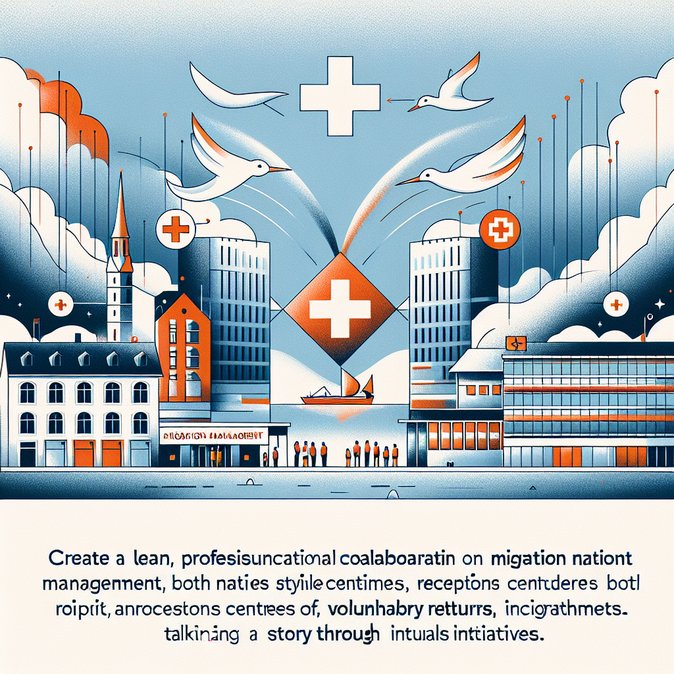
On 21 November Switzerland and Cyprus signed a framework agreement in Nicosia that will channel CHF 10 million into reception facilities, voluntary-return programmes and integration projects for migrants on the Mediterranean island. The funds form part of Switzerland’s second contribution to selected EU member states facing high migratory pressures.
A key focus is the construction of accommodation for unaccompanied minor asylum-seekers, to be implemented in partnership with the NGO Hope for Children. Additional money will go to the International Organization for Migration to expand counselling and reintegration support for migrants who opt to return home.
![Switzerland Commits CHF 10 Million to Help Cyprus Manage Migration Pressures]()
Cyprus has one of the EU’s highest asylum-application rates per capita and has struggled with overcrowded reception centres. Swiss officials say the bilateral programme complements broader EU efforts and leverages Switzerland’s expertise in case-management and voluntary-return schemes.
While the agreement does not directly influence Swiss employer immigration quotas, it underscores Bern’s preference for solidarity mechanisms over intra-Schengen border checks. Mobility teams should note that such cooperation may reduce secondary migration flows, indirectly easing pressure on Swiss asylum systems and labour-market integration services.
A key focus is the construction of accommodation for unaccompanied minor asylum-seekers, to be implemented in partnership with the NGO Hope for Children. Additional money will go to the International Organization for Migration to expand counselling and reintegration support for migrants who opt to return home.

Cyprus has one of the EU’s highest asylum-application rates per capita and has struggled with overcrowded reception centres. Swiss officials say the bilateral programme complements broader EU efforts and leverages Switzerland’s expertise in case-management and voluntary-return schemes.
While the agreement does not directly influence Swiss employer immigration quotas, it underscores Bern’s preference for solidarity mechanisms over intra-Schengen border checks. Mobility teams should note that such cooperation may reduce secondary migration flows, indirectly easing pressure on Swiss asylum systems and labour-market integration services.








